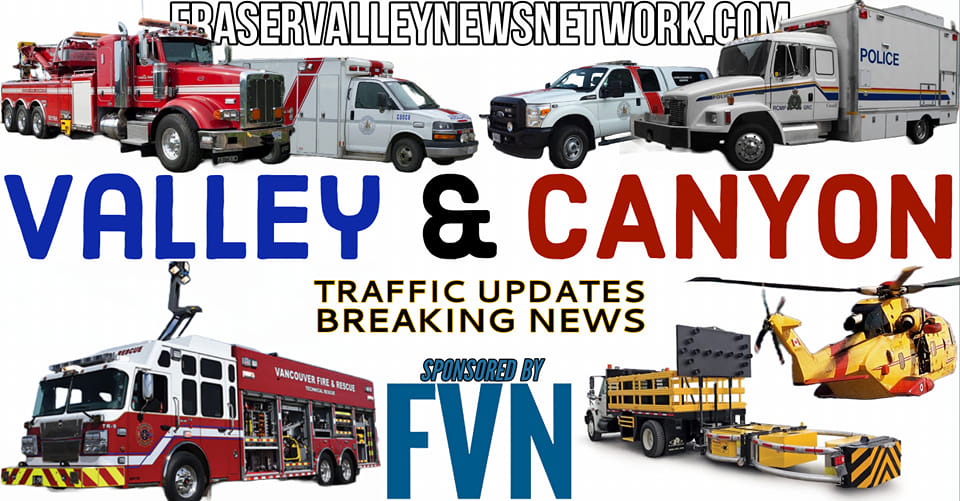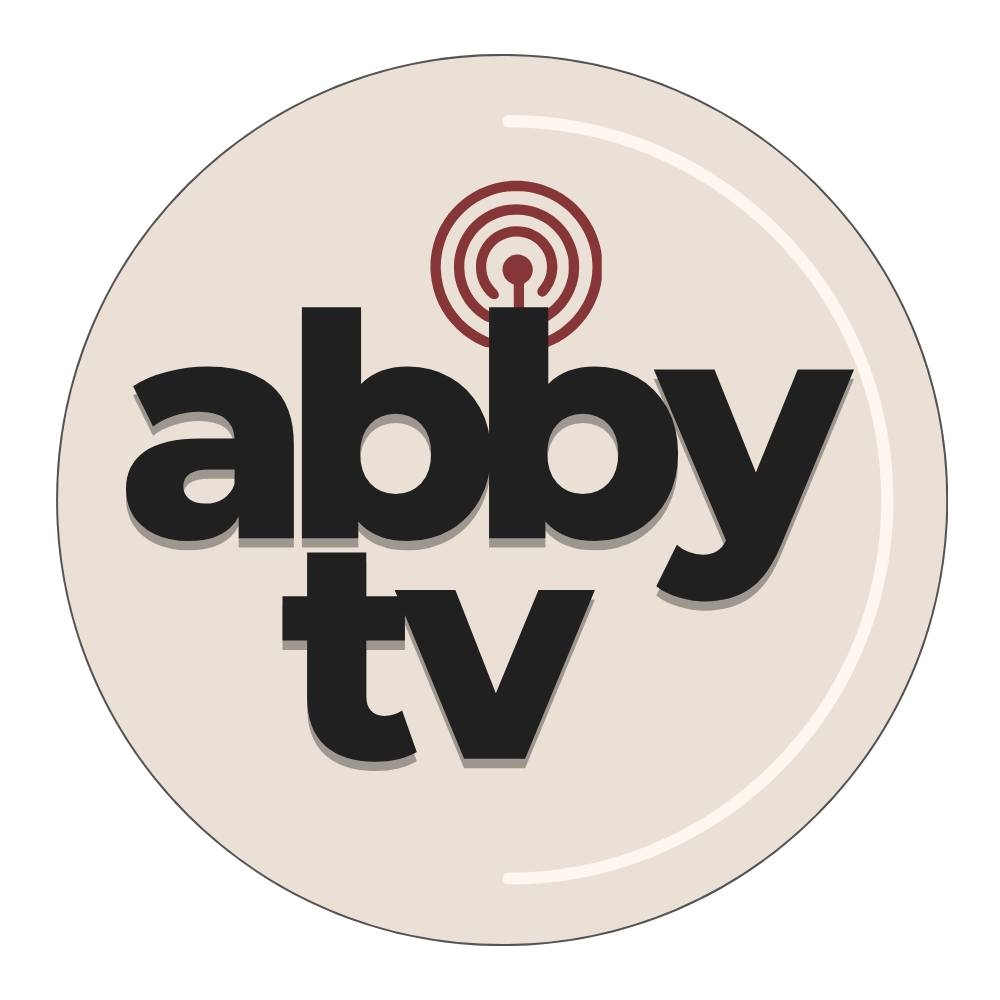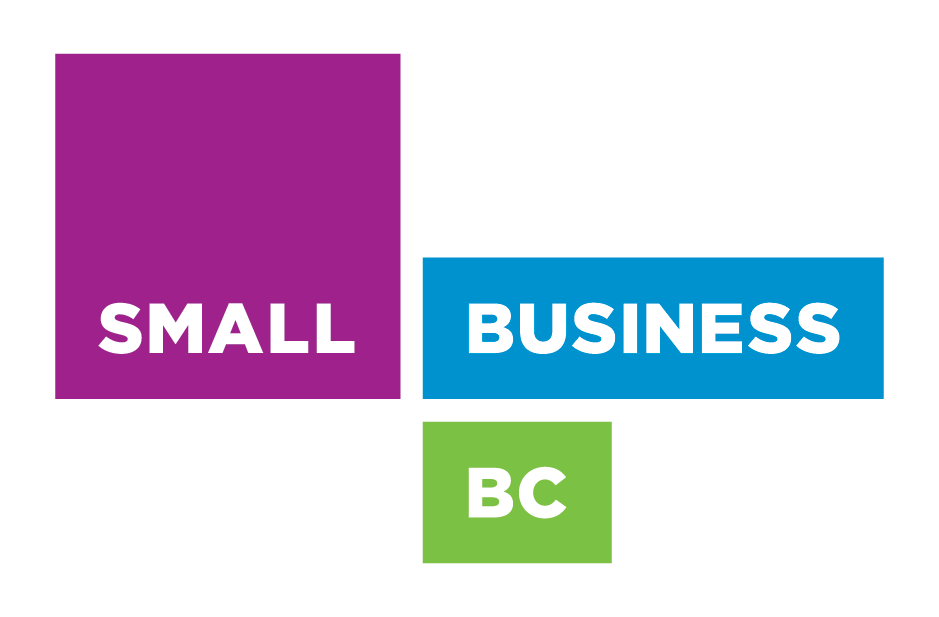Fraser Valley (Bill Westmacott) – Bill’s Blog | October 14, 2021
Strangely, we hardly hear the word “Unprecedented” this year, while it was one of the most repeated phrases of 2020. In reality, we seem to be jumping from one new crisis to the next. I will briefly cover the emerging energy crisis, its impact, why cycles matter, and I will end with practical solutions you can take to protect your financial wellbeing.
As one scans the globe, we see energy prices soar mainly due to the poor political decisions of lockdowns, restrictions, underinvestment in exploration, development, pipelines and geopolitical tensions. We desperately need leadership (in my opinion) that critically thinks through the issues, consults key industries before they make big decisions and understands how their decisions impact society. In addition, we need to wake up and stop voting for people who have no proven business experience or understand how the real economy functions. A country can only flourish with small, medium and large businesses that are creating real jobs, innovation, products and services. Endless money printing and massive debts do not create long-term prosperity. These poorly thought-out policies have disrupted distribution, supply chains and created a mess impacting businesses and consumers worldwide.
There are no real physical shortages of oil, natural gas, gas or coal on the planet (we have 100’s of years of proven reserves). The real issue is getting it from point A to B, causing energy storage shortfalls for the winter months. Nations are scrambling for energy supply and causing sky-high inflation. As a result, there has been a 500% increase in natural gas prices in the EU. Coal is up 400%, and China is the largest consumer on the planet. China now has to restrict energy grids, limiting factory production, which further impacts global supply chains. Natural gas has over doubled in price in North America, and now rates are going up (in BC, where I live, Fortis just announced a 30% rate increase). Gas pump prices also went up this year rapidly, and it is the accumulative effect of everything going up at the same time that is straining people’s budgets. Great Britain, a week ago, had 90% of petro-stations without fuel. Brent crude is up a staggering 113% in the last year. Brazil is experiencing a drought, and hydro dams cannot produce enough energy. The Western United States is facing similar problems. Energy analysts are predicting oil up to $100 per barrel shortly, and that is without a geopolitical event. If things escalate in the Middle East or China/Taiwan, then expect all-time highs.
Whatever your views are on carbon-based energy, the fact remains it is the most critical source of stable energy on the planet. To be clear, I am all for clean or cleaner energy and less pollution; however, we are still decades away from having zero-emission reliable energy. Thus, there is a need for tens of trillions in infrastructure investments in the coming decades and the development of new energy technology and battery storage if we want to electrify much of the world. Again, a very worthy objective. Unfortunately, renewable solar and wind energy are still too unreliable as a whole solution as both Britain and Texas recently experienced.
Second, we need to understand cycles and how patterns repeat in history. For example, during the tumultuous period of WW2, the USA placed an oil embargo against Japan. The nation faced a severe energy crisis, and Japan retaliated with the bombing of Pearl Harbour. Forty years later, we had the energy crisis of the 1970s when the OAPEC nations decided to do an oil embargo in 1973 and spiked oil prices fourfold. Another energy crisis emerged in 1979 with the Iranian Revolution. Western nations suffered from fuel shortages, rationing, and prices spiked. History does not repeat exactly, but here we are again 40 to 50 years later with another severe energy crisis.
So, what is one to do? I have covered the issue of high inflation in prior blogs this year, but I do expect inflation to remain very high for the foreseeable future. Expect 10% plus real inflation like the 1970s until a sizeable deflationary event like a market crash or interest rates spiking unfolds. As a note, I expect both in the future. We already see central banks in smaller nations raising interest rates due to high inflation. This is a harbinger that will eventually hit us.
So, what are the top 3 things you can do in our current economic environment?
- Evaluate all of your spending habits and reduce costs. If you have not tracked your monthly expenditures for a while, do so for one to two months (literally track every expense) and take an honest look if you are overspending. Cut all frivolous spending. Create a simple budget of fixed essential monthly costs and discretionary spending. I cover this topic in more detail in my Wealth Foundation Series and consider taking the course if you need sound financial guidance and wealth principles. https://fivefoldfinancial.ca/wealth-courses/
- While interest rates continue to be at historic lows, pay down debt as fast as you can. Sell things you no longer use or need. Use the proceeds to pay off debt. Create a debt reduction or elimination plan. Pay off the higher interest rate debt first, then focus on the next debt or debts using the same strategy. What concerns me as a financial professional is the size of debt people are taking on and not realizing counter-party risk. People are buying homes they can barely afford at 2% mortgage rates. What happens if interest rates go up 1%, your payment goes up by 50%. You rationalize I can afford the $3000 a month payment, but what happens when it becomes $4500 or more a month? Interest rates are counter-party risk to real estate, and that is just one of many. Risk and counter-party risks are topics I cover in my course in far more detail. Remember, all asset classes and investments have many risks!
- Finally, don’t just focus on debt, but also build up savings each month. Let’s say you have $500 extra income each month after carefully eliminating unnecessary spending. If you have debt, I recommend that my clients put $250 against its highest interest rate debt until it is gone and put the other $250 in savings. Consider creating several saving accounts with different purposes. An example would be having a regular savings account to transfer into monthly expenses when needed. Second, an emergency account as stuff happens. Third, a dream or goal account. And possibly a fourth for specific annual expenses like car repairs or home maintenance.
As inflation continues to rage, we all need to look for ways to reduce expenses and get out of debt. If you need guidance in developing a plan, please reach out to me. bill@fivefoldfinancial.ca or 778-539-7107
Best regards,
Bill













